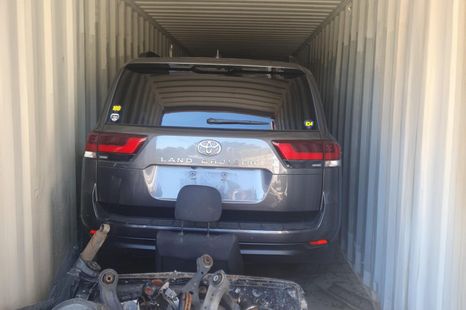

Damion Smy
Toyota says it has "no update" as it works to combat HiLux, LandCruiser thefts
5 Hours Ago
Toyota Australia has defended itself against attacks from lobby groups about its slow progress on electric vehicles, and says local fuel efficiency standards need to be focused on the 'long term'.

Contributor
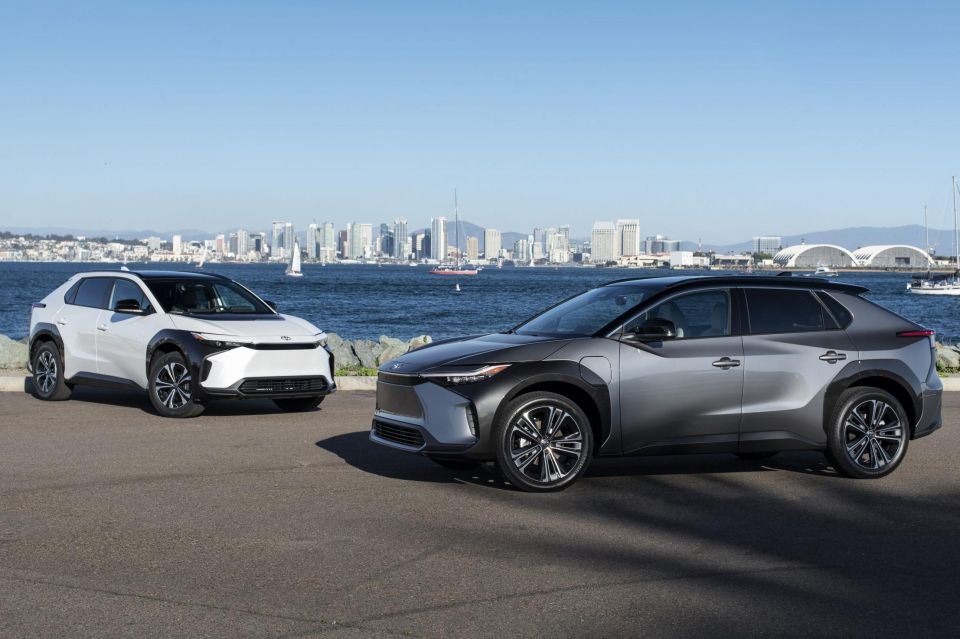

Contributor
Toyota Australia has been under fire from rivals and lobby groups for its slow progress on electric vehicles.
And as Australia gears up for new fuel efficiency standards, the company is sticking to its guns by calling for “technology agnostic” rules that are “fair for the Australian public”.
Toyota Australia vice president of sales and marketing Sean Hanley again took aim at the likes of Greenpeace, arguing what the brand wants is “focused on the long term” – even if it creates “an easy target for groups that manufacture nothing more than media releases”.
“We’re certainly prepared to wear that. Our critics are certainly entitled to their views, but too often they are playing a short game,” the outspoken executive this week told media.
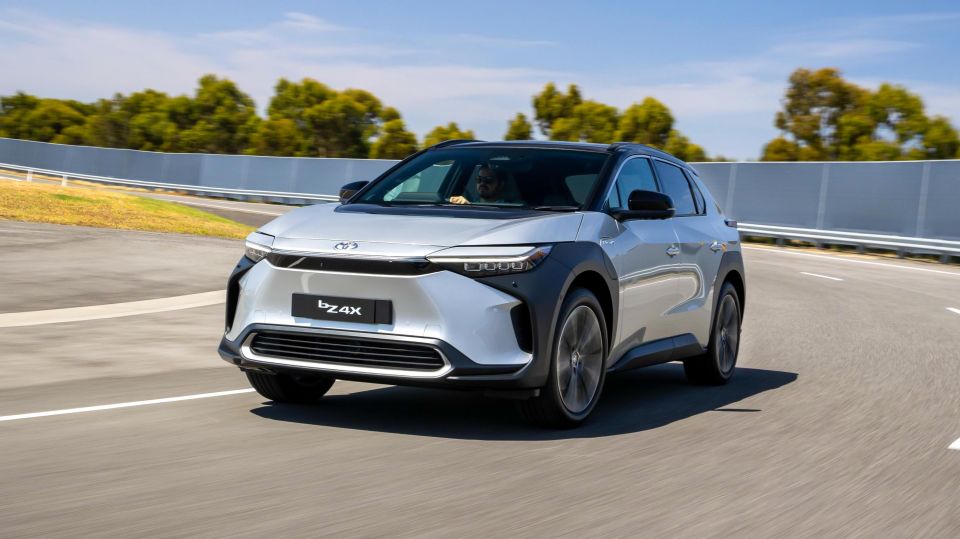
“Yes, it is true some nations have announced a timeline for banning internal combustion engines. And some automotive manufacturers have said they’ll electrify their entire ranges within the next five to 10 years or so.
“If they live up to their promises, then quite frankly that’s great. But one thing is becoming clearer as we go on this journey, and that’s the need to look a little closer at the fine print.”
Mr Hanley’s comments come after sustained pressure from Greenpeace, which has accused Toyota of “greenwashing”. They also follow filings this week revealing Australians overwhelmingly support the introduction of fuel efficiency standards (FES)
“The response to our FES consultation reinforces overwhelming support for the Government’s position: Australia needs fuel efficiency standards that make us competitive with other parts of the world for cleaner, cheaper-to-run cars,” claims Minister for Climate Change and Energy Chris Bowen.
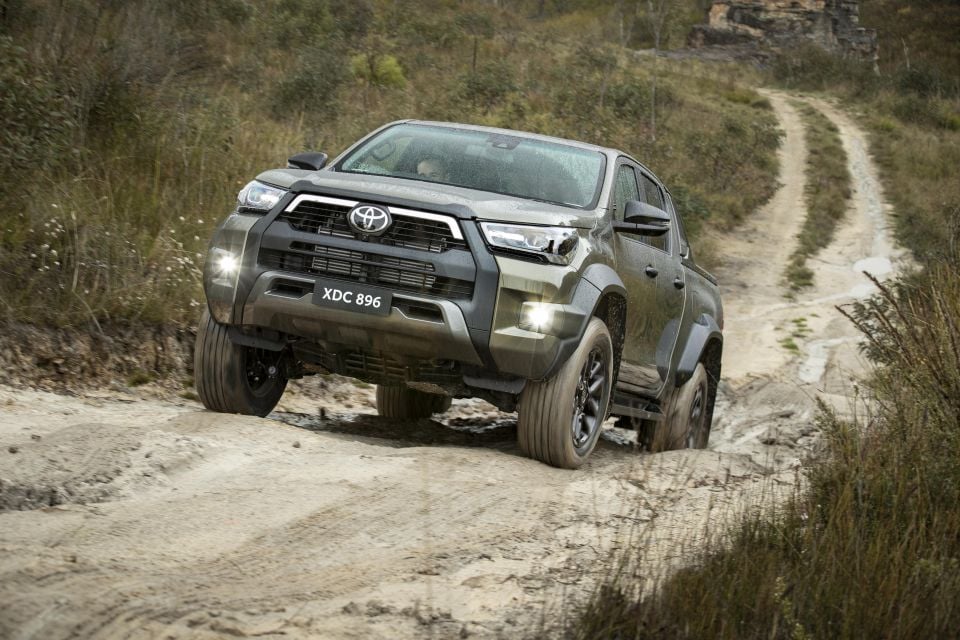
Mr Hanley repeated Toyota’s mantra of fighting a “war against carbon” on multiple fronts, in a way that means people aren’t “left behind”.
“We support a fair and reasonable fuel efficiency standard. An appropriate fuel efficiency standard that’s technology agnostic, that understands the requirements of the Australian market,” he told media.
“It’s not that we’re opposed to [FES] – we’re certainly not. We also want to get to a position where it’s fair for the Australian public, and the Australian motoring public, and what they do with their cars,” he said.
That’s in contrast with calls from the Australian Electric Vehicle Council lobby group to achieve at least 50 per cent electric car sales among new light vehicles (passenger cars, SUVs, and light commercials) by 2030, and up to 95 per cent EV sales on new vehicles by the mid 2030s.
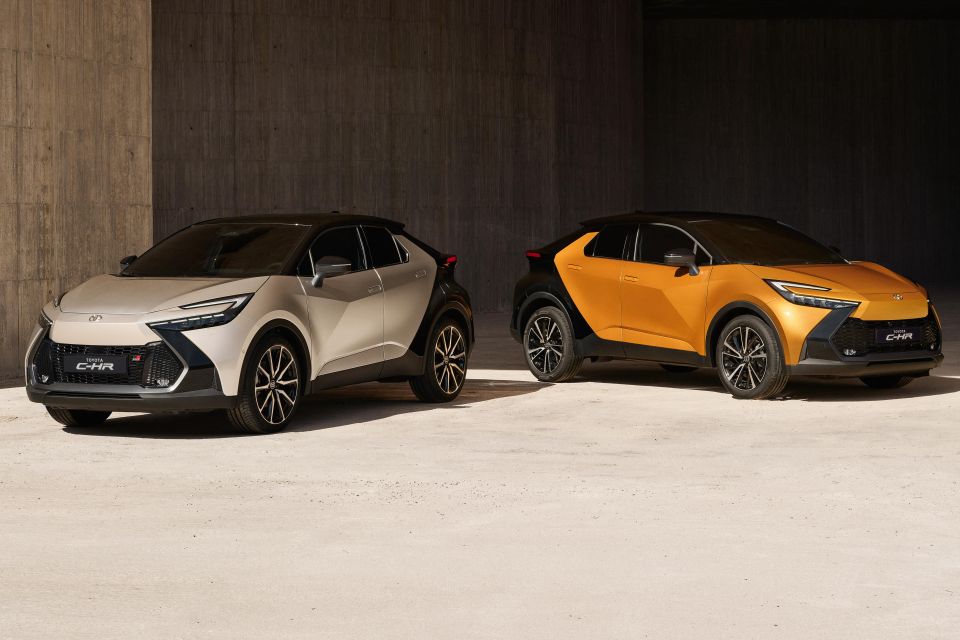
If strict fuel efficiency standards were to hit Australia, forcing brands to drastically lower their average emissions, Toyota says it could bring more hybrids, plug-in hybrids, and electric vehicles Down Under.
Already the C-HR has gone hybrid-only; more vehicles could follow if required according to Mr Hanley.
Go deeper on the cars in our Showroom, compare your options, or see what a great deal looks like with help from our New Car Specialists.
Scott Collie is an automotive journalist based in Melbourne, Australia. Scott studied journalism at RMIT University and, after a lifelong obsession with everything automotive, started covering the car industry shortly afterwards. He has a passion for travel, and is an avid Melbourne Demons supporter.


Damion Smy
5 Hours Ago
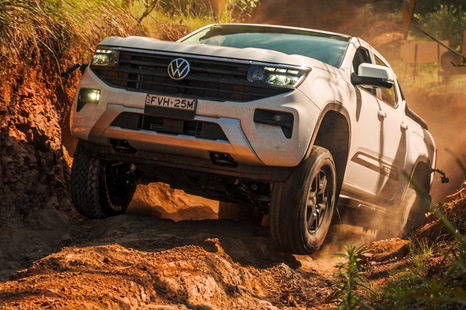

CarExpert
5 Hours Ago
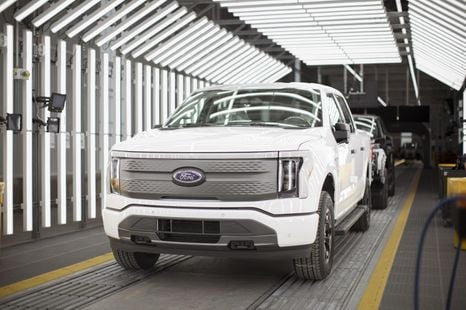

Alborz Fallah
6 Hours Ago
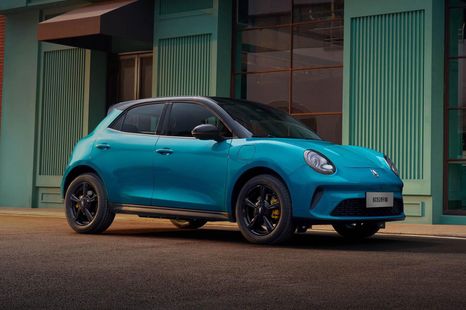

Derek Fung
8 Hours Ago
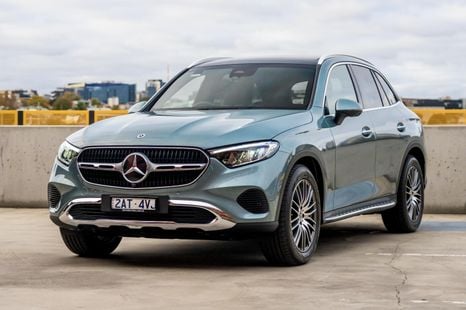

Max Davies
14 Hours Ago
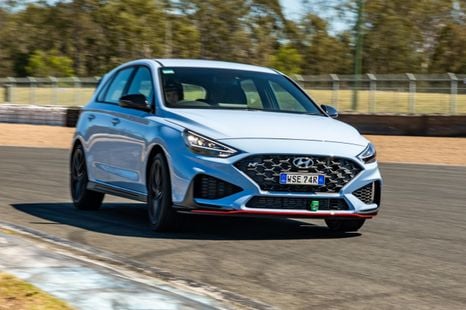

James Wong
21 Hours Ago
Add CarExpert as a Preferred Source on Google so your search results prioritise writing by actual experts, not AI.